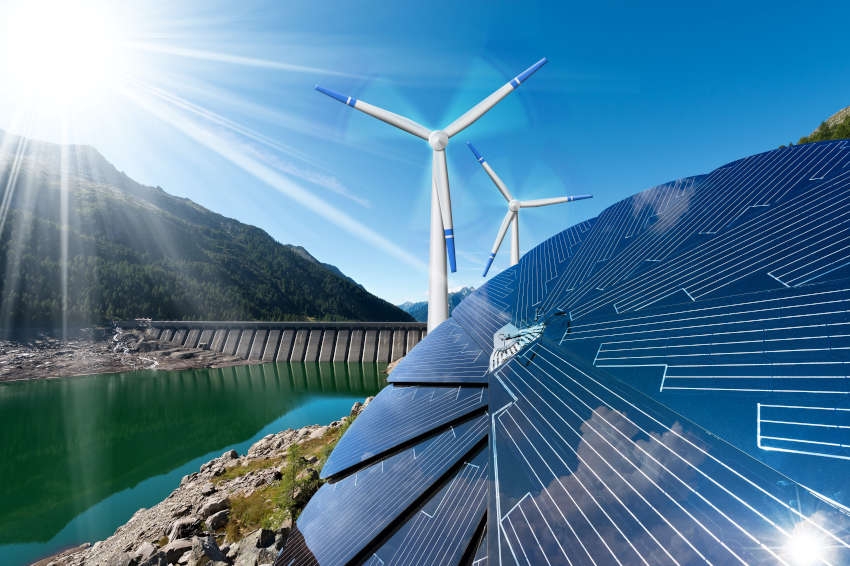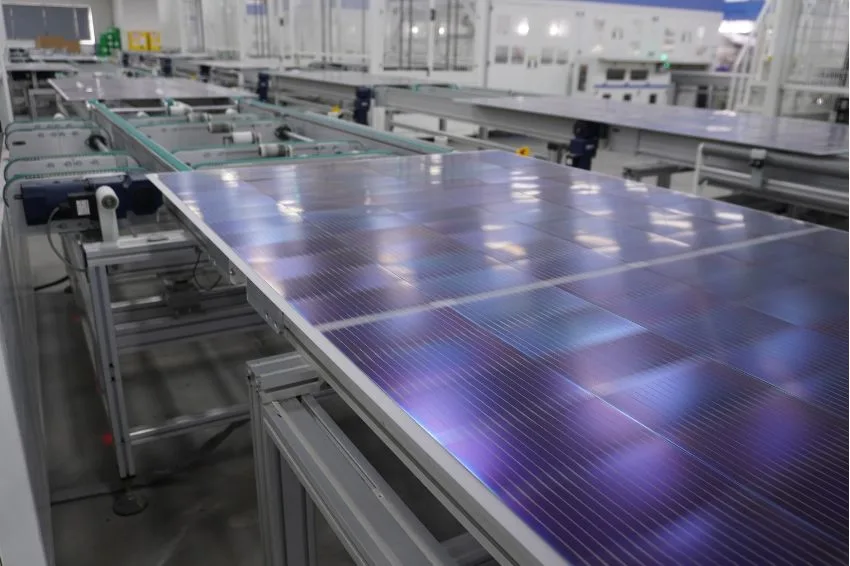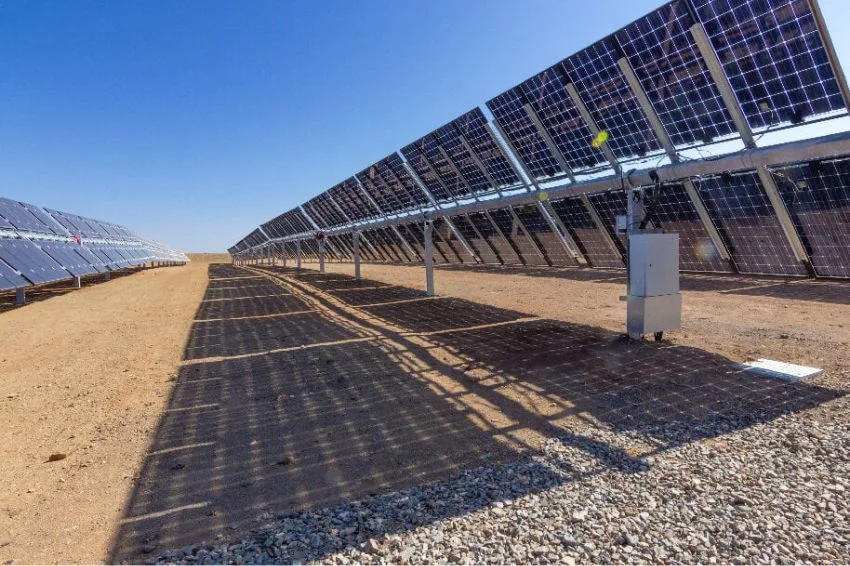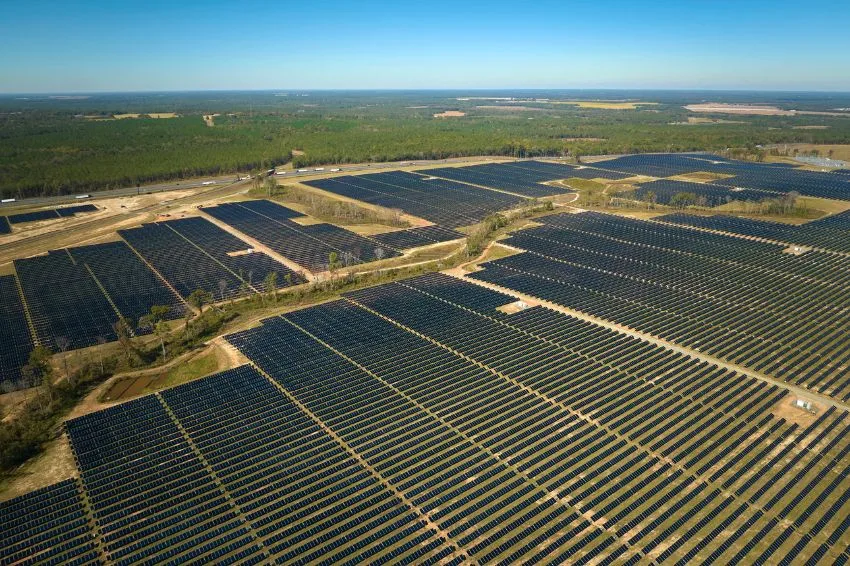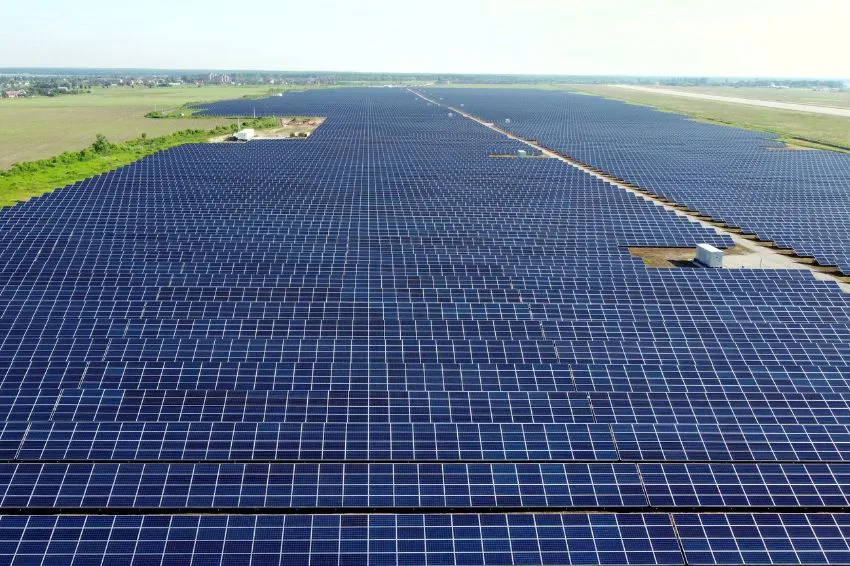Data released by IRENA (International Renewable Energy Agency) shows that utility-scale solar electricity costs fell by 13% in 2019, reaching US$ 0.068/kWh.
According to the report, onshore and offshore wind showed a drop of 9%, reaching US$ 0.053/kWh and US$ 0.115/kWh, respectively, for newly commissioned projects.
“Renewable energy is increasingly a cheaper source than any fossil fuel-based electrical capacity, offering tremendous potential to stimulate the global economy and get people to work. Renewable investments are stable, cost-effective and attractive, offering consistent and predictable returns while delivering benefits to the wider economy,” said Francesco La Camera, Director General of IRENA.
According to IRENA, more than half of the renewable capacity added in 2019 achieved lower energy costs than coal plants. Furthermore, since 2010, photovoltaics have seen the largest cost decline at 82%. “With the right policies in place, falling renewable energy costs could change markets and contribute greatly to a green recovery,” concluded La Camera.
Other highlights
The survey also states that replacing the most expensive 500 GW of coal capacity with solar and wind energy would reduce annual system costs by up to US$ 23 billion per year, and would produce a stimulus worth US$ 940 billion, which corresponds to approximately 1% of global GDP.
Furthermore, replacing more expensive coal capacity with renewables would also reduce annual carbon dioxide emissions by 1.8 gigatons, i.e. 5% of last year's global total.
Investments
For the first time, IRENA's annual report also analyzed the value of investment in relation to falling generation costs. The same amount invested in renewable energy today produces more new capacity than a decade ago. In 2019, twice as much renewable energy generation capacity was commissioned as in 2010, requiring just 18% more investment.


